On a warm Wednesday evening, in Gaborone, Botswana’s capital, I met with Tom Ochieng Atonga, Chairman of the Association of Kenyans in Botswana.
Note: See video of the interview at the end of this article.
It was half past 8 pm Southern African Time when Atonga, a Quality Assurance manager at a private university in Botswana, showed up dressed in a relaxed black polo shirt, perhaps a testament to the nice weather; the temperature was reading 28 Celcius. (82 degrees Fahrenheit)
Atonga shared his journey from a rural home in Migori in 2004.
He had completed his university degree from the University of Nairobi, but just like many before him, he could not find a job. He elected to try life elsewhere, and the compass led him to Gaborone, Botswana, more than 1700 miles from Kenya. Fortunately for him, the stars aligned, and he chose to establish his residence in the diamond-rich nation.
Despite having a comfortable life in Botswana, Atonga has maintained close ties with Homa Bay County, where his parents and close relatives still reside. He is also very up-to-date with the events in Kenya, particularly on politics.
He is currently serving in a second term as the chairman of Kenyans in Botswana, an association that brings Kenyans together and keeps them closely knitted. The social fabric of society could be loose in Kenya, but not here, he said.
Last year, Atonga chaired an ambitious project that united the diasporans in a global rally supporting Azimio la Umoja.
Atonga said when one lives out of their country, one needs to be part of their community network. Their association runs events to unite Kenyans and help them when they face a crisis such as a bereavement. He said they work with the Kenyan embassy in Botswana to promote Kenyans’ welfare.
They also engage in local community activities to foster good relations with the Batswana, their hosts in the country. For example, Atonga mentions that they are organizing blood donations around Easter, and the association’s executive is running a campaign to motivate more people to come out and donate blood.
While tribalism and the urge to identify with their tribe is alive and well in Kenya, he said that is not true for Botswana Kenyans.
“Once Kenyans get out of Kenya, they soon realize a lot that should bring them together. You come and live in Gaborone, and you realize that the neighbor on this side is a Zimbabwean and on the other side is a Mtswana, and then the other guy may be a South African,” he said.
“You realize you are surrounded by people not necessarily close to you. Then you begin thinking, in case of anything, who can I run to here?”
Like most Kenyans in Diaspora, he said Kenyans in Botswana send home a portion of their income to help their parents and relatives. However, he said that the cost of the transaction fee is so high that it takes a sizable chunk of the money sent.
“Even when you want to send money home, it is costly. Such costs discourage the Kenyans in the diaspora from investing back home,” he said.
However, he said, the association is working on getting around this problem. To easily invest back home, the Kenya Botswana Diaspora Association is forming a Sacco registered in Nairobi. The Sacco’s main advantage, he offered, is that it will allow its members to transact in Kenyan shillings, saving lots of money lost in currency conversion.
Like many Kenyans in Diaspora, the chairperson faults the government of Kenya for not involving them more closely in matters happening at home.
“The government back home looks at the diaspora community regarding remittance. How much we send back home each year? Even friends and family look at us regarding how much we can send them,” Atonga said.
He said that Kenyans in the diaspora have no problem sending money home, but they also want the government and other Kenyans to view them in light of the knowledge and skills they can offer the country.
He said that if the country took advantage of the human resource in the Kenyan diaspora, then Kenya would make substantial financial and developmental strides.
“Botswana is a mining country, and there are many talents that the Kenyan government can map out and use. There also are plenty of Kenyans leading in technological spheres around the world,” Atonga said.
He praised Botswana as an organized nation and noted that it is rare to find dry taps in Botswana despite the arid country.
“If the government were to engage the Kenyan experts in Botswana, then they would bring in skill and knowledge to ensure an adequate water supply in the country,” Atonga said.
He said that Kenyans abroad have repeatedly requested to be recognized as the 48th county since they give a lot into the country’s economy. Still, successive administrations have snubbed a request he described as a missed opportunity.
He argued that the first beneficiary of the proposed county would be the government since it would significantly boost the economy.
He said that his association is working with Kenyans worldwide to push for their recognition as a county, imploring that their sole interest is not in benefitting from the senatorial or gubernatorial seats but improving their involvement in the country’s affairs.
“Our only interest is for Kenya to develop,” he said. Having a senator and governor, he said, would ensure their welfare and rights are well served.
In addition, the chairman complained that most Kenyans in the diaspora have to jump through hoops to practice their democratic right to vote.
“We had to travel to Pretoria to register as voters for the 2022 elections. We had to cater for our flight tickets and accommodation, not to mention visas. At the time, Kenyans required visas to get into South Africa.”
He offered that the Kenyan government needs to establish proper communication with the Kenyans in the diaspora before making any plans that involve them.
He recalled how, during the election, the Kenyans in Botswana were ready to fund the voter registration process if it meant they would be spared the hassle of traveling to Pretoria.
“We were ready to pay for the flight and accommodation for the voter registration personnel,” Atonga said.
They even suggested that the services be brought to the Kenyan embassy instead or be moved to a country without visa restrictions, such as the neighboring Zimbabwe but none of their pleas yielded fruit.
He also spoke of the plight that jobless Kenyans in Botswana face due to rejected work permits.
“The permit renewal process can, however, be long, tedious, and sometimes fruitless. In such cases, the individuals opt to remain abroad without the proper documentation, making them illegal migrants,” he said.
He added that dealing with these diaspora community members is challenging as they are undocumented.
“If something happens to them, it gets difficult to assist them,” Atonga said.
Atonga said Kenyans in Diaspora are the country’s moral compass despite their current challenges. He believes that people become more objective once they leave the country than Kenyans at home.
On the current political state, where there is a stand-off between President William Ruto and the opposition,” Atonga said, “We feel that our politics is not well managed, and it may lead to division. We call on the politicians to be very sober.”
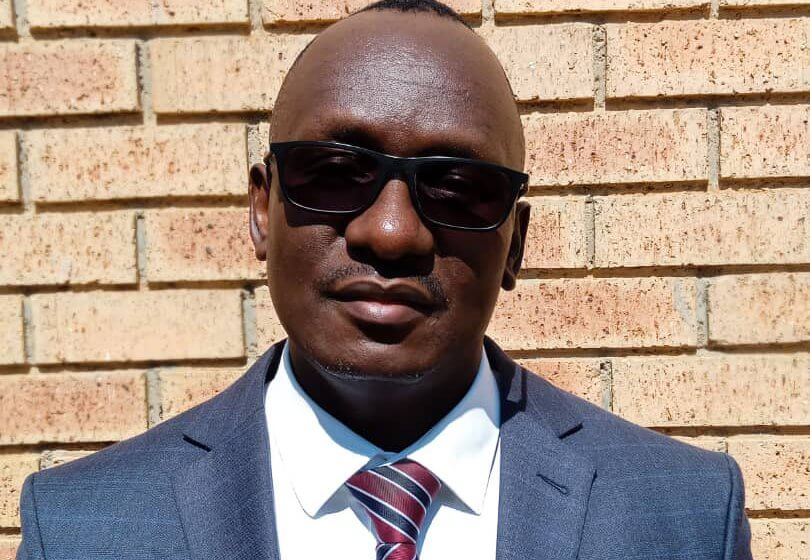




















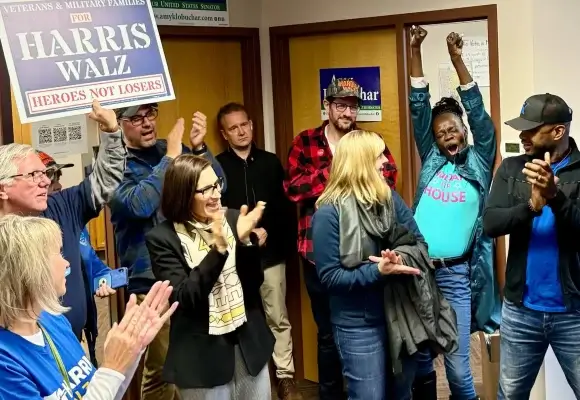
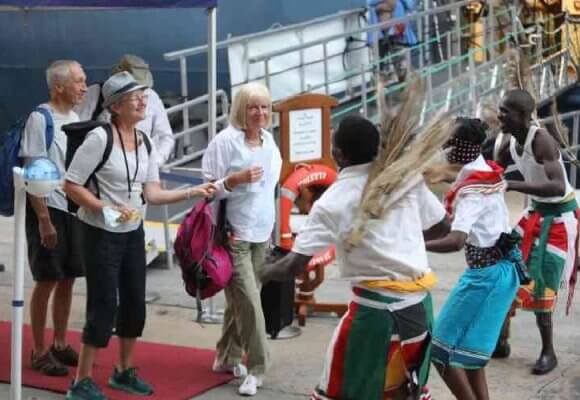
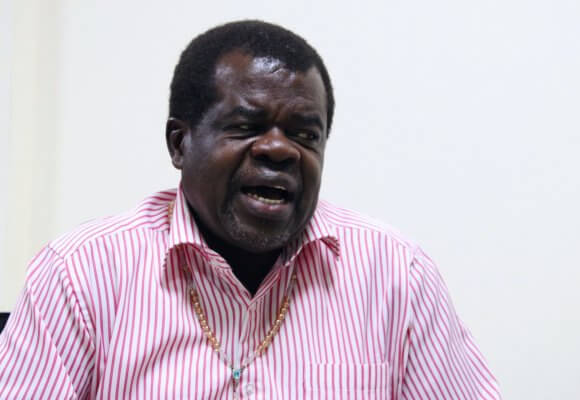
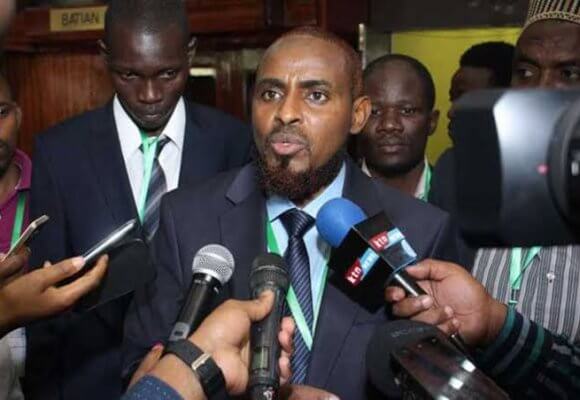

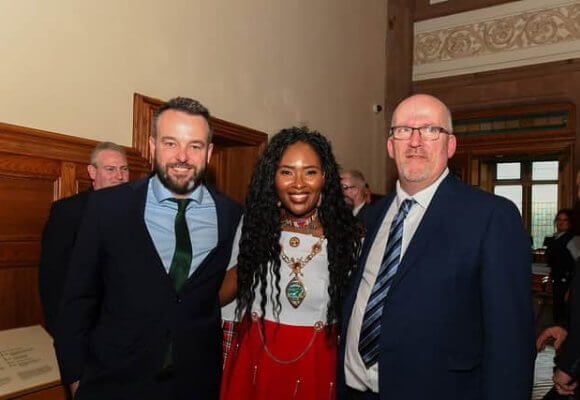
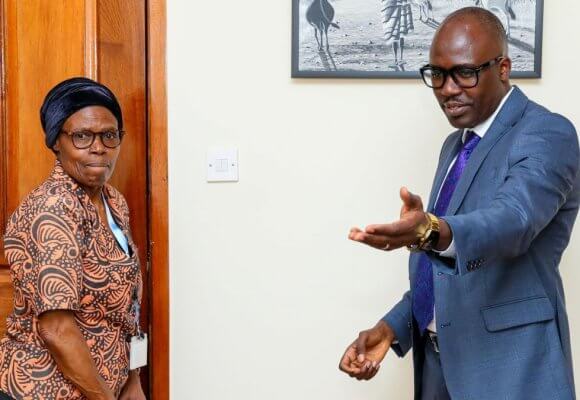
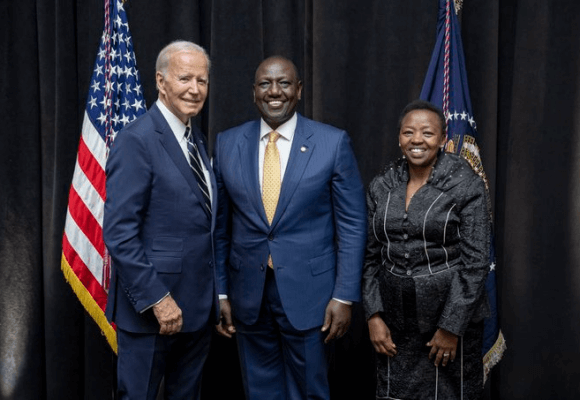
LEAVE A COMMENT
You must be logged in to post a comment.